The Olympics officially kick off on Friday with an opening ceremony in the heart of Paris. However, an attack by vandals targeting France's high-speed TGV rail network has exposed security risks at a time when all eyes are on the country.
The coordinated actions by saboteurs disrupted some of France's busiest rail lines. Paris 2024 confirmed that the Olympics opening ceremony would go ahead as planned. No one has claimed responsibility for the attacks.
The incidents took place far from Paris at a time when a massive security operation was being implemented in the capital for the opening ceremony. This operation involves around 45,000 police officers and thousands of soldiers, drawing security resources from across France.
The opening parade will feature a procession of barges carrying nearly 7,000 athletes along the River Seine past Paris's famous landmarks, while more than 300,000 spectators will watch from the banks.
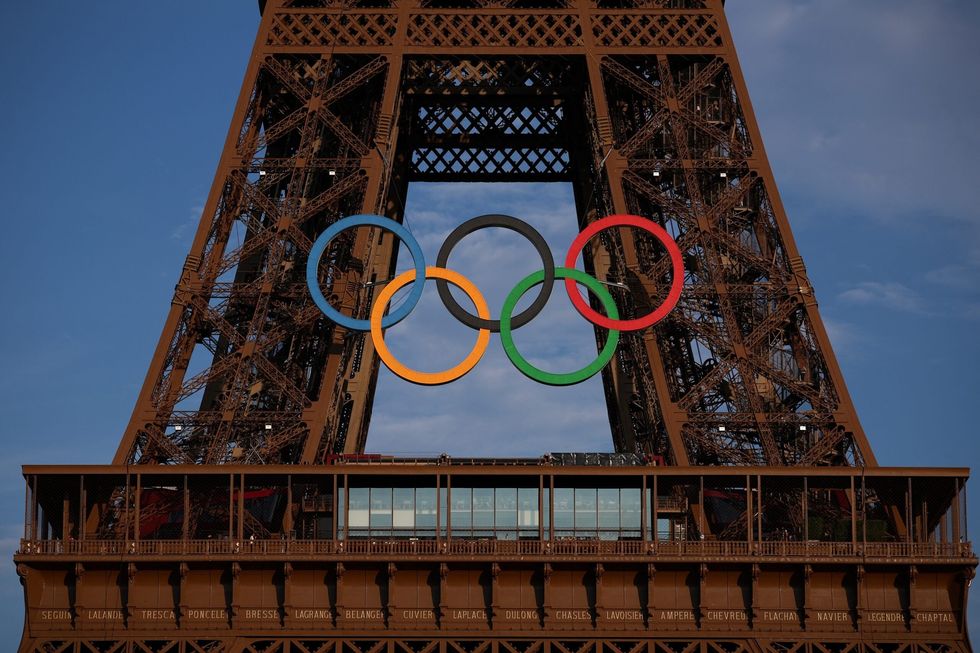
Since the last Games - the Winter Olympics held in Beijing in 2022 - wars have erupted in Ukraine and Gaza, providing a highly tense international backdrop. France is at its highest level of security, though officials have repeatedly stated there is no specific threat to the opening ceremony or the Games.
As part of a vast security operation, authorities have used powers granted by an anti-terrorism law, placing 155 people under surveillance measures that strictly limit their movement, according to official data and a Reuters review of cases.
Meanwhile, Israeli competitors are being escorted by elite tactical units to and from events and given 24-hour protection throughout the Olympics, officials say. Scores of world leaders will be in Paris for the opening ceremony, which will be protected by snipers on rooftops. The Seine's riverbed has been swept for bombs, and Paris's airspace will be closed.
For the Games more generally, radar-surveillance planes and Reaper drones will monitor sensitive sites from above, and Mirage 2000 fighter jets will be on standby to intercept aircraft straying into restricted airspace. "Everything is ready," French president Emmanuel Macron said in a video he posted on X. "Even the (Olympics) rings are there," he said, overlooking the Eiffel Tower. "Enjoy the Games!"
Macron, who won a second mandate two years ago, had hoped the Olympics would cement his legacy. However, his failed bet on a snap legislative election has weakened him and cast a shadow over his moment on the international stage.
High security has also prompted much grumbling among Parisians after police imposed a security zone along the river ahead of the opening ceremony, erecting metal barriers to fence off neighbourhoods and requiring authorisation - passes with QR codes - to enter.
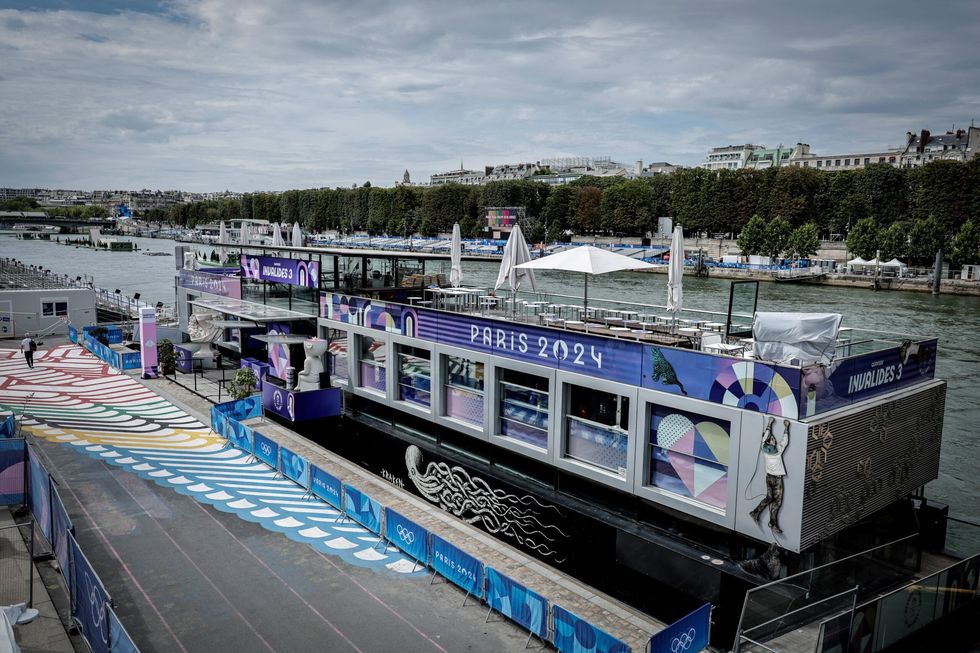
Cafés along the banks of the Seine, which normally buzz with activity in the summer, have been left very quiet due to the restrictions. This has not helped lift the national mood over the Olympics, which Macron hopes will improve once the Games have properly started.
Russia's invasion of Ukraine means Moscow's usually large delegation of athletes has been reduced to 15 who met and accepted eligibility requirements to compete as neutrals, according to a list published by the International Olympic Committee on July 20. Belarus will send 17 athletes competing as neutrals. Ukraine is sending 140 athletes - its smallest contingent since the collapse of the Soviet Union.
Starting at 7.30pm (6.30pm UK time), in broad daylight, the ceremony, which marks the official start of the Paris 2024 Games, will pass by many of the French capital's beloved landmarks, including the Louvre museum and Pont des Arts bridge.
"We're going to take advantage of all the historic monuments around the Seine, and there won't be a single riverbank or bridge that won't be filled with music, dance, or performance," the ceremony's choreographer Maud Le Pladec has said.
It will be the first time that an opening ceremony has taken place outside a stadium. Details have been kept secret, including some of the artists taking part, and who will be the last to carry the torch and light the Olympic cauldron to mark the start of the Games.
The artistic team said they had been rehearsing in private to keep it all under wraps. One big unknown for the open-air ceremony is the weather. It is currently forecast to be cloudy, while organisers were hoping there would be a "golden hour" of sunset lighting up buildings midway through the ceremony.
More than 10,500 athletes will compete at the Olympics, 100 years since Paris last staged the Games. The competition started on Wednesday and the first of the 329 gold medals will be awarded on Saturday. The closing ceremony will take place on August 11.
(With inputs from Reuters)

















 Abhishek Sharma & Travis HeadGetty
Abhishek Sharma & Travis HeadGetty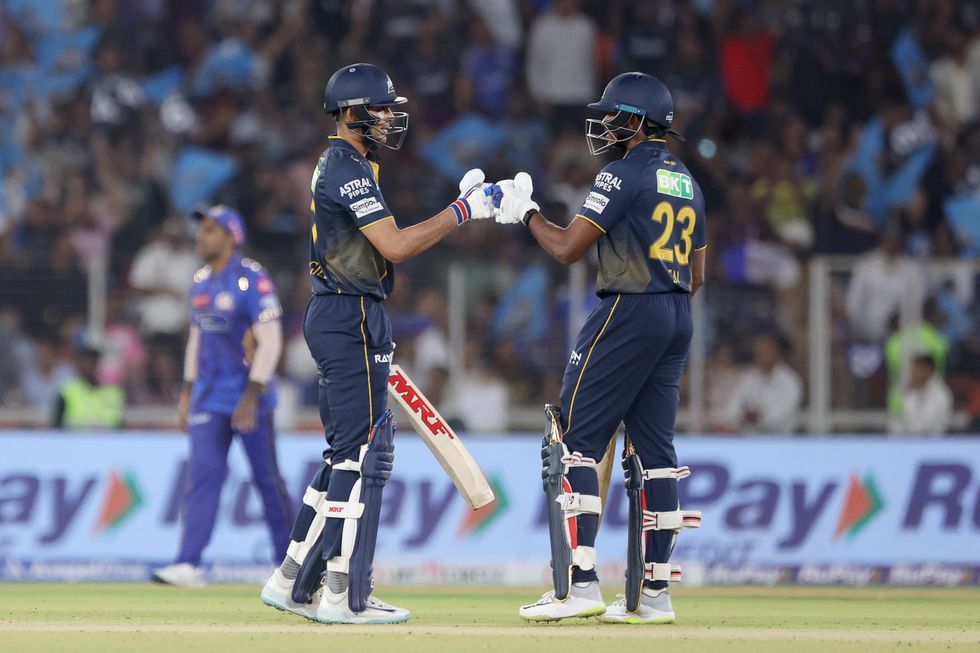 Sai Sudharsan & Shubman GillGetty
Sai Sudharsan & Shubman GillGetty Karun Nair & Abishek Porel Getty
Karun Nair & Abishek Porel Getty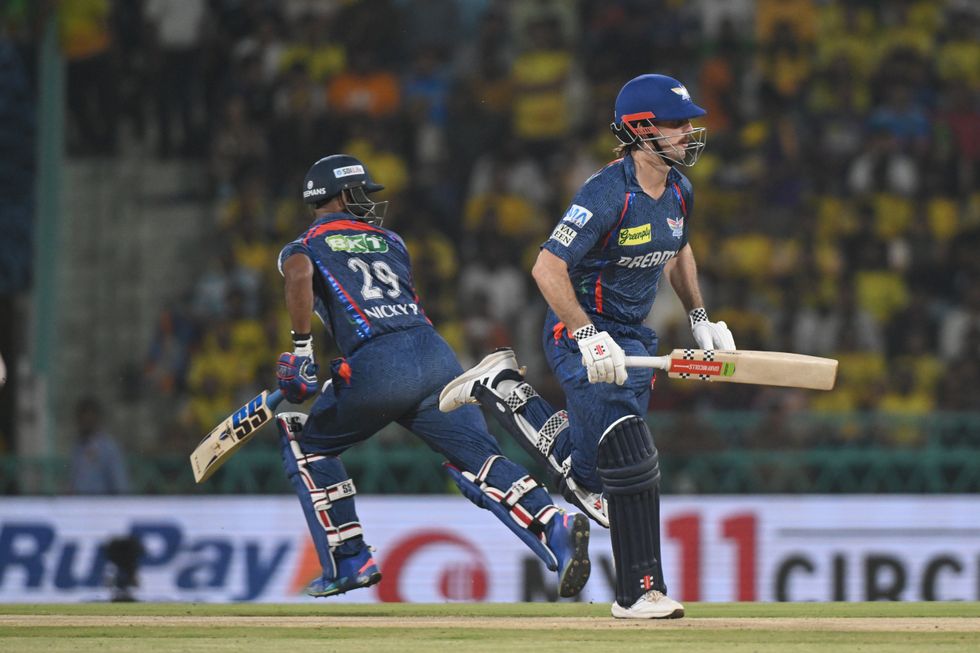 Mitchell Marsh & Nicholas PooranGetty
Mitchell Marsh & Nicholas PooranGetty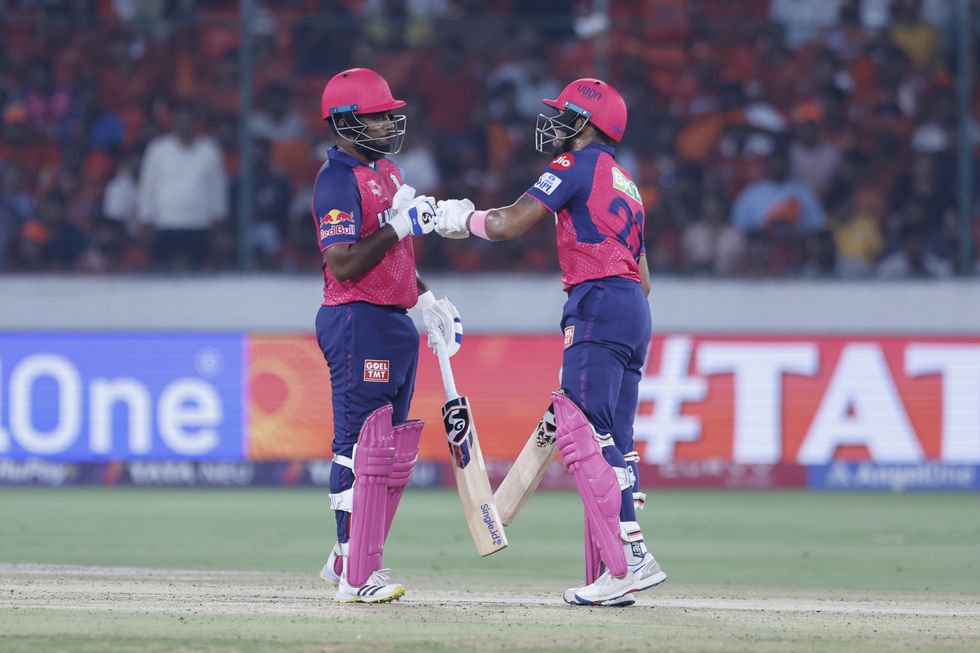 Dhruv Jurel & Sanju SamsonGetty
Dhruv Jurel & Sanju SamsonGetty Tristan Stubbs & KL RahulGetty
Tristan Stubbs & KL RahulGetty Ajinkya Rahane & Sunil Narine Getty
Ajinkya Rahane & Sunil Narine Getty Mitchell Marsh & Aiden MarkramGetty
Mitchell Marsh & Aiden MarkramGetty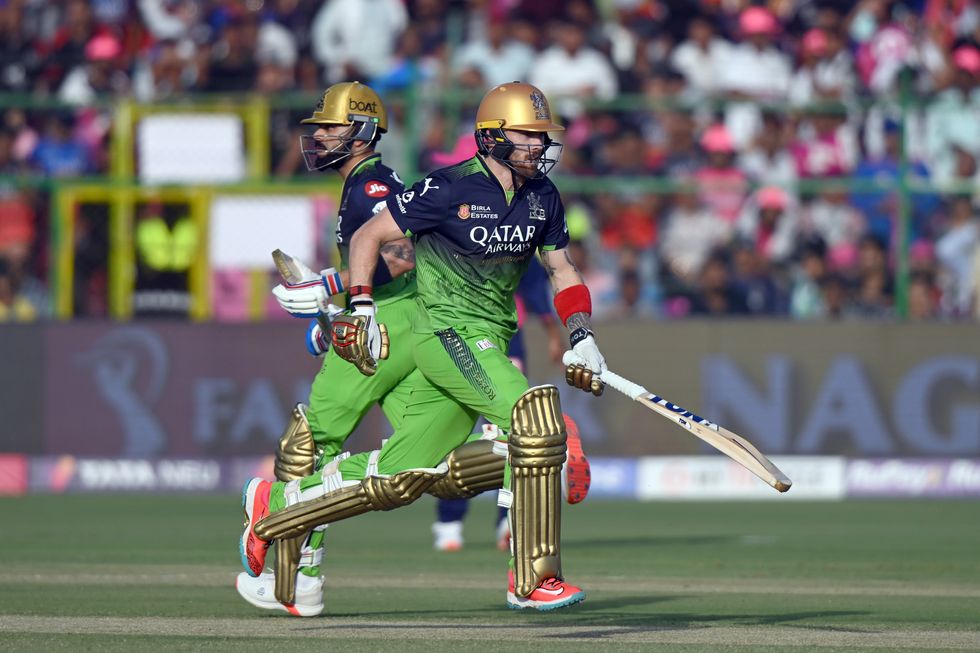 Virat Kohli & Phil Salt Getty
Virat Kohli & Phil Salt Getty

